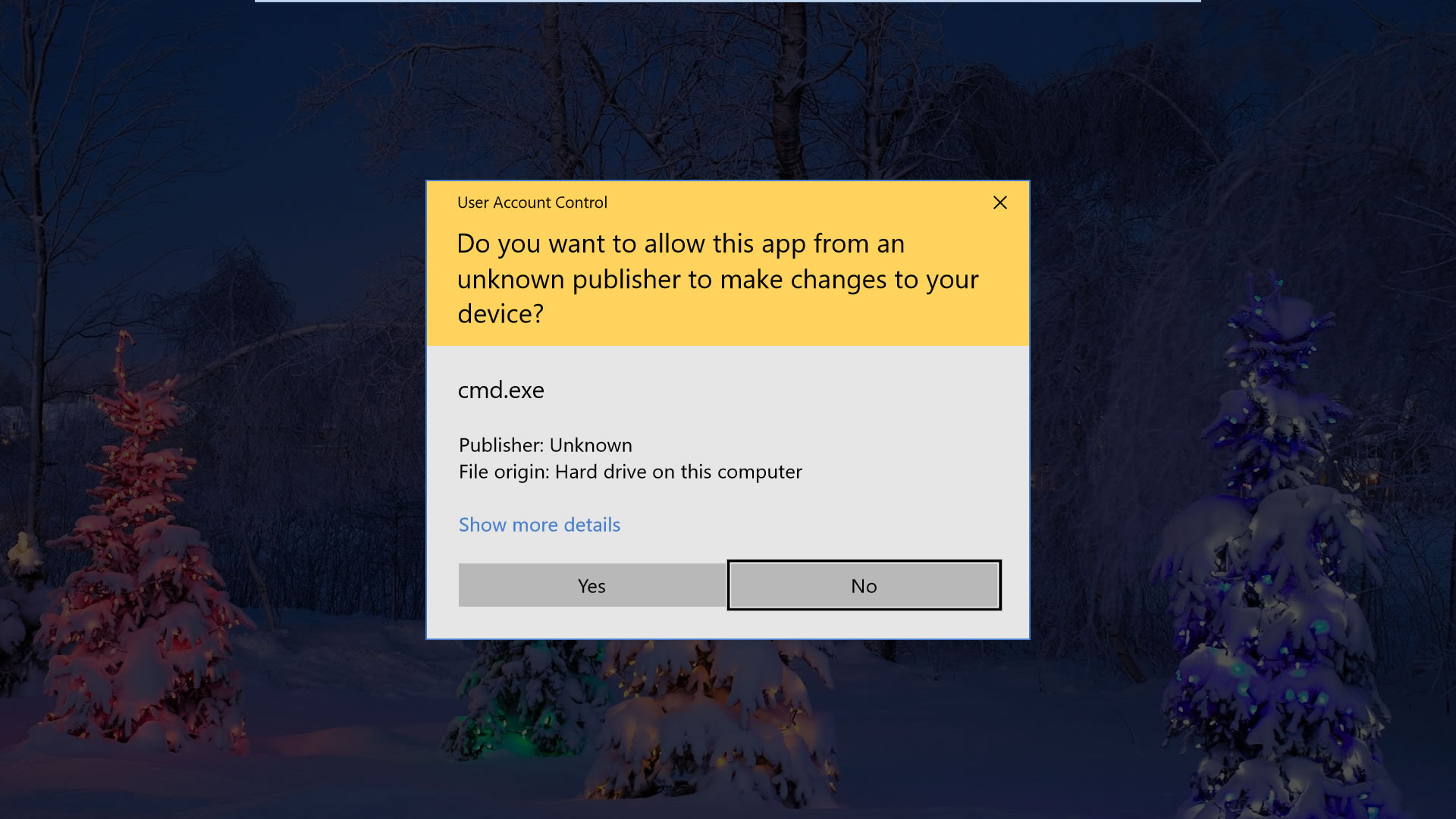#ThrowBackThursday As a TechSpot reader you've surely opened software as an admin on Windows before, maybe as recently as today. But do you know what happens under the hood of Windows when you tell the OS to run a program as an administrator, and why is this process necessary in the first place?
https://www.techspot.com/guides/1718-run-as-administrator-explained/
